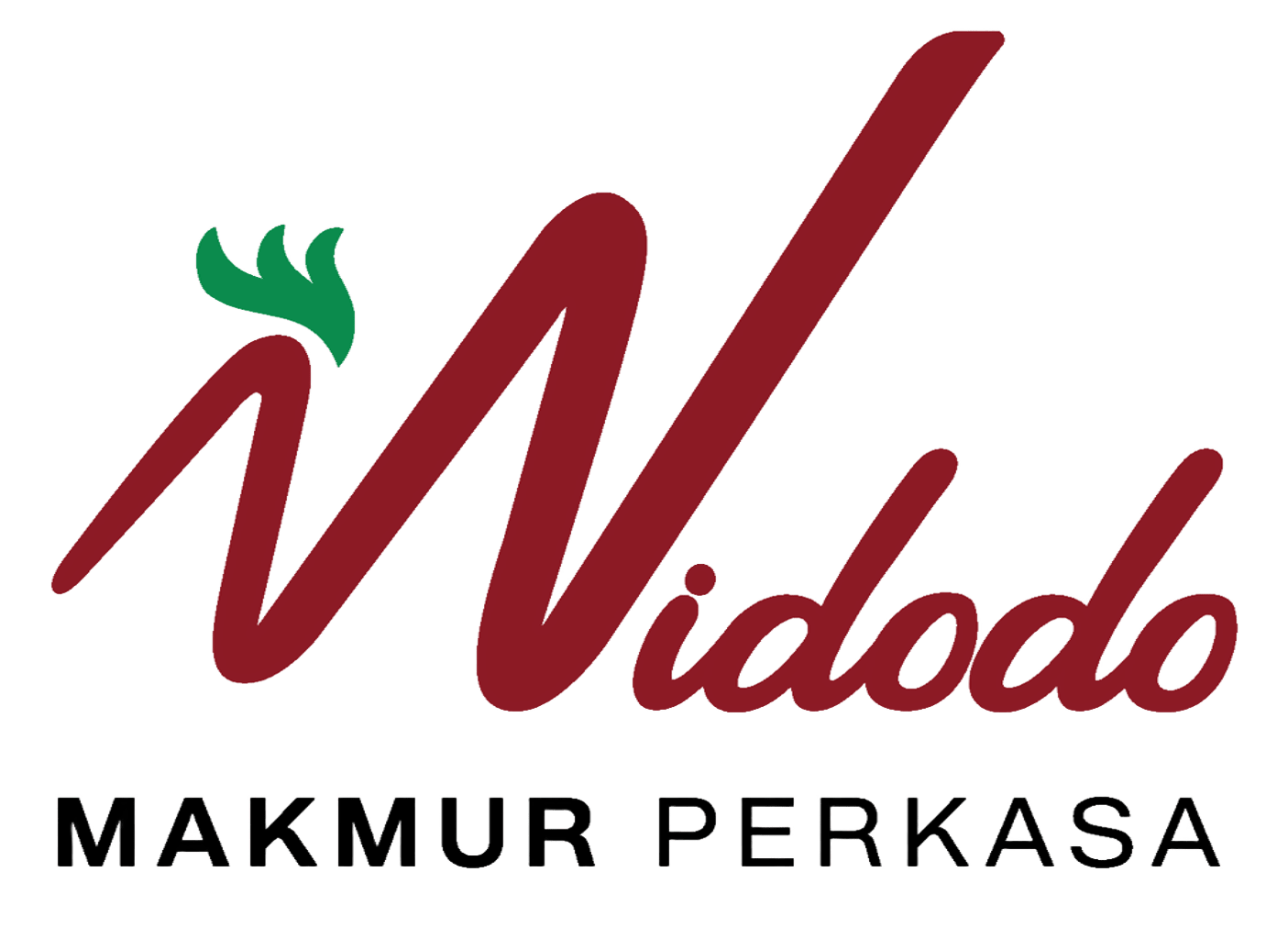
The Importance of Traceability in the Livestock Industry
Collaboration article: Ifnu Wardhana, Manager of Chicken Slaughterhouse (RPA) PT Widodo Makmur Unggas Tbk and Khoirul Murtadlo, Data Analyst Manager, PT Pasir Tengah
Traceability is a term that may not be too familiar to some circles. Currently, there is serious attention from consumers to agricultural and livestock products that are not only of high quality, but also can be accounted for, for example providing proper treatment to livestock. This encourages agricultural and livestock industry players to apply traceability practices for every product produced to answer these challenges.
In simple terms, traceability is a traceability and recording activity carried out on the movement of products in a process chain. This is important because it is related to the added value of a product and guaranteed safety when consumed by consumers.
PT Widodo Makmur Perkasa Tbk (IDX: WMPP or WMP) through its subsidiaries PT Pasir Tengah and PT Widodo Makmur Unggas Tbk (IDX: WMUU or WMU) applies traceability to RPH (Slaughterhouse) for cattle (Traceability to the Abattoir), and to consumers for poultry (Traceability to the Customers) . Through this step, the Company can provide the best quality assurance for consumers that can be traced from upstream to downstream.
In WMP cattle farms, for example, traceability involves technology. The company records the history of fattening cattle from the time the cow comes from the port until it is sent to RPH through RFID (Radio-Frequency Technology) scanning that has been installed in the cow's ear since it was sent from the country of origin, for example Australia. From RFID scanning, we can get information on cow arrival date, weight growth progress, fattening age, treatment during the fattening process, and other information.
For poultry, the Company carries out traceability processes ranging from live birds (LB) to poultry products to customers. This can be done because live chickens / LB slaughtered come from internal and external farms that have gone through a supplier audit process. The production process is properly recorded, neatly documented, and the completeness of the data is ensured. The Traceability to the Customers process can be done 100% in accordance with the Company's standards, which is less than 2 hours.
In general, both cattle and poultry, the Company benefits a lot from the implementation of traceability such as:
Ensure that all poultry and cattle products are safe and healthy for consumption, in accordance with predetermined certification standards, including FREE of Hoof and Mouth Disease (FMD) and bird flu.
Speed up the mitigation process if something undesirable happens, such as product damage, and others.
Prevent unnecessary operational cost overruns, in the event of an incident with beef or poultry products.
Maintain customer trust which will have an impact on the continuity of the Company's business.
Treating cattle and poultry in accordance with established regulations, thereby reducing the rate of torture of livestock.
High data accuracy guarantee because data is captured and processed digitally.
Increase time and place efficiency, and speed up the decision-making process because detailed data is captured and processed digitally.
Increase the level of worker safety and reduce cow stress because there is no direct physical contact between workers and cows.
In the application of traceability, the Company also encountered a number of diverse challenges. At the site (internal) level, for example, the Company needs to ensure that the staff on duty are able to carry out appropriate identification and corrective actions. This stage is important because they are the frontline to ensure that all problems can be addressed early, especially related to supply chains. In addition, the ability to obtain, analyze, and process data is also very crucial, so that it can provide advice regarding appropriate mitigation steps.
At the external level, for example, providing an understanding of the importance of traceability is also not easy. The main challenge is the mindset to Human Resources (HR) in related RPHs. The Company also continues to provide understanding, knowledge and training (if any) regarding the importance of traceability, from previously using manual recording to digital recording (via RFID) as has been done internally by the Company.
To ensure traceability is applied consistently, internally the Company also conducts refreshment every year. PT Widodo Makmur Unggas Tbk, for example, conducts traceability simulations at least once every 1 year and has been stated in the Company's SOP. Related employees are required to have traceability up to 100% in less than 2 hours. If the standard is not reached, then the simulation is declared a failure, and must be redone.
That is a glimpse of the importance of traceability in the livestock industry. To encourage traceable livestock products, of course, the Company needs support from various parties. Such support can be provided, for example, only purchasing products from companies that already have national or international standard food safety certification, and are committed to traceability practices. PT Widodo Makmur Perkasa Tbk (WMP) is one of the leading cattle and poultry companies that can be the preferred partner of the Indonesian people.
===Done===
About the Author
Ifnu Wardhana is the Manager of Chicken Slaughterhouse (RPA) at PT Widodo Makmur Unggas Tbk which has joined since December 2019. The 39-year-old man has a hobby of shadow puppets, koi fish, old motorcycles, and has big dreams as an entrepreneur in the poultry sector.
Khoirul Murtadlo is a Data Analyst Manager at PT Pasir Tengah. The man who is familiarly called Khoirul besides being busy working, also always spends time with his family. For him, family is a very important thing that becomes his passion.
